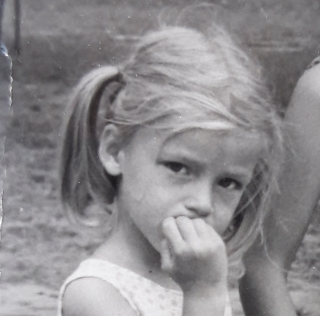
I was born in Hungary. My young family migrated to Australia in 2000 and I planned to enroll my daughter to kindergarten as I would in Hungary. However, the system was quite different and finding a place for her was complicated. I kept wondering what makes these provisions so different and what this difference has to do with how we view children. In my PhD thesis therefore I focused on the changing notions of childhood in the history of early childhood education and care (ECEC) in Western Australia. I was especially interested in how notions of childhood relate to what kind of care and education are provided, and how the notions of childhood underpinning these reasonings for the specific types of services are linked to politics. Politics of childhood then became the comparative focus in my study of Australian and socialist Hungarian ECEC and later extended to explore citizenship, biopolitics and nationalism in children’s everyday lives. Perhaps my interest in politics of childhood originates in my upbringing in a socialist country characterized by explicit official politics that was also present in young children’s lives. I remember going to 1st of May demonstrations and supporting with flags and banners the socialist government and I also have lots of memories about how politics worked in mundane life. I remember creating an album, white pages filled with cutouts. Vast wheat fields and combines in a row harvesting the crop was the image I cut out from an album about the Soviet Union, and was working with this image when my father entered the room. He was the leader of an agricultural cooperative and became delighted when he saw the picture in my hand and the albums I was using. ‘Yes, technology is the most important advancement of our times. Tractors and combines are very important. They help us produce more and make the work of humans easier. For example, in our chicken plant, if we give the chicken antibiotics they stay healthy and grow faster. We can produce the same amount of meat 3-4 weeks less time’. I was listening to my father carefully and felt he was proud of the advancement technology and the socialist ideology brought into his life and he was proud of me understanding that.
